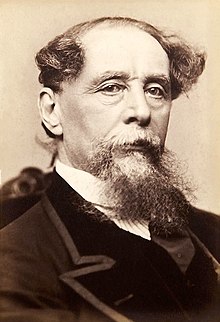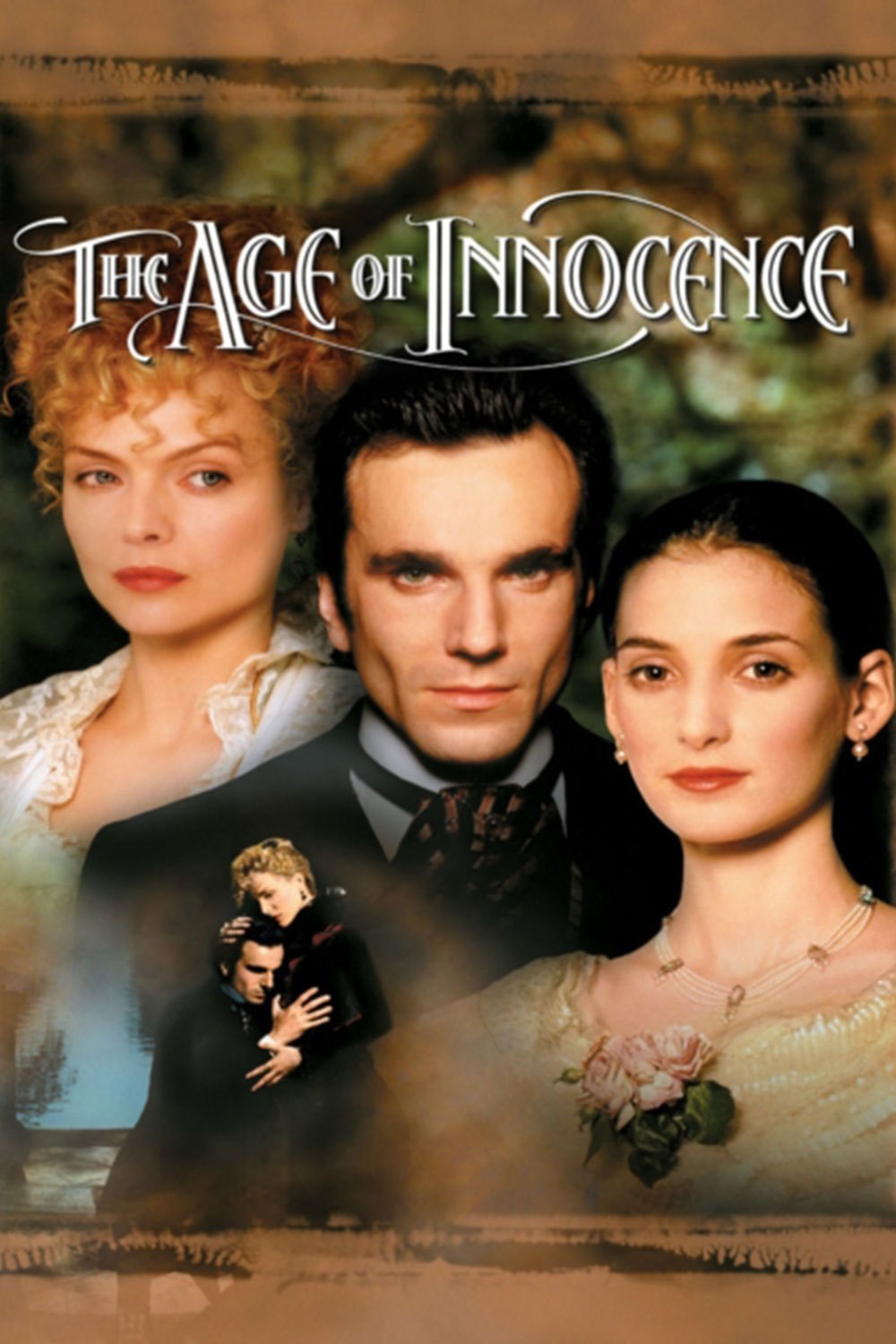
Charles John Huffam Dickens: an English writer and social critic. He created some of the world's best-known fictional characters and is regarded as the greatest novelist of the Victorian era. His works enjoyed unprecedented popularity during his lifetime, and by the twentieth century critics and scholars had recognised him as a literary genius. His novels and short stories enjoy lasting popularity.

A Tale of Two Cities (1859):a novel by Charles Dickens, set in London and Paris before and during the French Revolution. The novel depicts the plight of the French peasantry demoralized by the French aristocracy in the years leading up to the revolution, the corresponding brutality demonstrated by the revolutionaries toward the former aristocrats in the early years of the revolution, and many unflattering social parallels with life in London during the same period.
"It was the best of times, it was the worst of times, it was the age of wisdom, it was the age of foolishness, it was the epoch of belief, it was the epoch of incredulity, it was the season of Light, it was the season of Darkness, it was the spring of hope, it was the winter of despair, we had everything before us, we had nothing before us, we were all going direct to Heaven, we were all going direct the other way in short, the period was so far like the present period, that some of its noisiest authorities insisted on its being received, for good or for evil, in the superlative degree of comparison only."----famous quote in The Tale of Two Cities
A Christmas Carol: a Ghost-Story of Christmas, is a novella by Charles Dickens. The novella met with instant success and critical acclaim. A Christmas Carol tells the story of a bitter old miser named Ebenezer Scrooge and his transformation into a gentler, kindlier man after visitations by the ghost of his former business partner Jacob Marley and the Ghosts of Christmas Past, Present and Yet to Come.
Oliver Twist, or The Parish Boy's Progress:the second novel by Charles Dickens. The story is of the orphan Oliver Twist, who starts his life in a workhouse and is then sold into apprenticeship with an undertaker. He escapes from there and travels to London, where he meets the Artful Dodger, a member of a gang of juvenile pickpockets led by the elderly criminal Fagin.
The Western Canon: The Books and School of the Ages:a 1994 book by Harold Bloom on Western literature, in which he defends the concept of the Western canon by discussing 26 writers whom he sees as central to the canon.
canon:1.a general rule or standard, as of judgment, morals, etc
2.a piece of music in which an extended melody in one part is imitated successively in one or more other parts.
cathedral, church, and chapel
cathedral:a Christian church which contains the seat of a bishop, thus serving as the central church of a diocese, conference, or episcopate.
church: the broader term, referring both to the worship space in an architectural sense as well as
the congregation as a collective group of people meeting within the church building.
chapel:It may be part of a larger structure or complex, sometimes with its own grounds.

Roman Fever:a short story by American writer Edith Wharton. It was first published in the magazine Liberty in 1934, and was later included in Wharton's last short-story collection, The World Over.
Memento mori ("remember that you have to die"):a Latin expression, originating from a practice common in Ancient Rome

The Age of Innocence:Edith Wharton's twelfth novel. It won the 1921 Pulitzer Prize for Fiction, making Wharton the first woman to win the prize. Though the committee agreed to award the prize to Sinclair Lewis, the judges rejected his Main Street, on political grounds and "established Wharton as the American 'First Lady of Letters'", the irony being that the committee had awarded The Age of Innocence the prize on grounds that negated Wharton's own blatant and subtle ironies which constitute and make the book so worthy of attention. The story is set in upper-class New York City in the 1870s, during the Gilded Age.

Edith Wharton :a Pulitzer Prize-winning American novelist, short story writer, and designer. She was nominated for the Nobel Prize in Literature in 1927, 1928 and 1930. Wharton combined her insider's view of America's privileged classes with a brilliant, natural wit to write humorous, incisive novels and short stories of social and psychological insight.
On First Looking into Chapman's Homer
BY JOHN KEATS
Much have I travell'd in the realms of gold,
And many goodly states and kingdoms seen;
Round many western islands have I been
Which bards in fealty to Apollo hold.
Oft of one wide expanse had I been told
That deep-brow'd Homer ruled as his demesne;
Yet did I never breathe its pure serene
Till I heard Chapman speak out loud and bold:
Then felt I like some watcher of the skies
When a new planet swims into his ken;
Or like stout Cortez when with eagle eyes
He star'd at the Pacific—and all his men
Look'd at each other with a wild surmise—
Silent, upon a peak in Darien.
沒有留言:
張貼留言